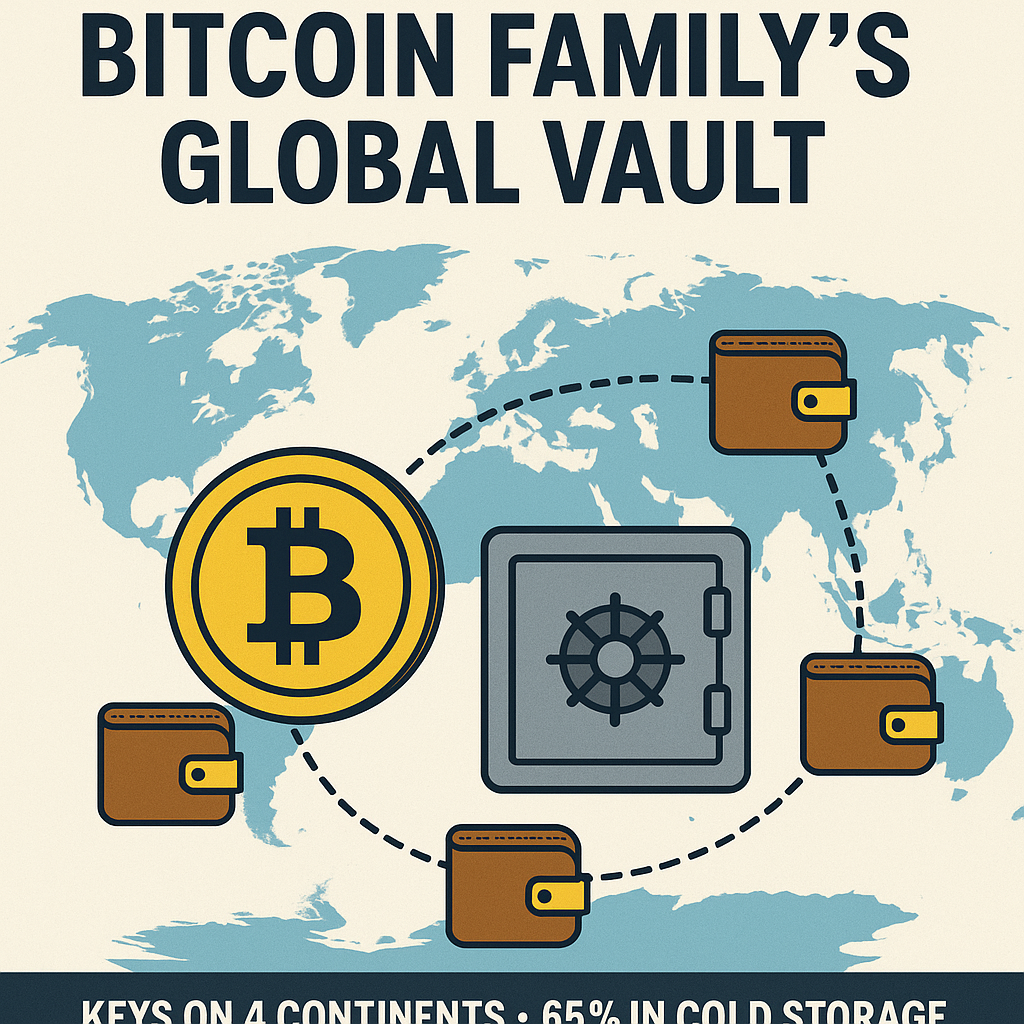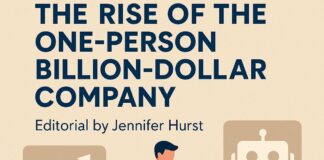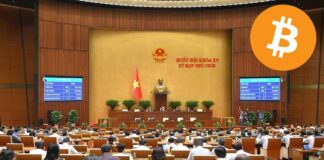|
Getting your Trinity Audio player ready...
|
In Dubai, a quiet revolution is underway—one that’s reshaping the real estate market through blockchain technology. While much of the world is still experimenting with cryptocurrency and drafting regulatory frameworks, Dubai has already taken a bold leap forward. In May alone, over $399 million worth of real estate transactions were carried out using tokenized property assets, accounting for 17.4% of the entire market. This is no longer a pilot program or a fringe trend—it’s the new reality.
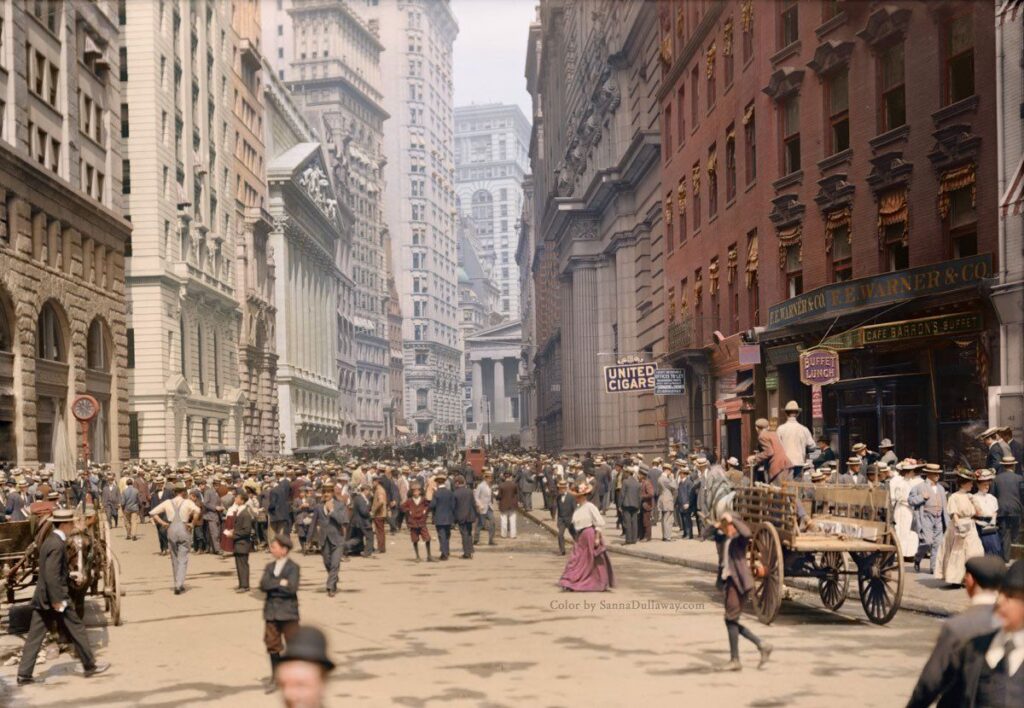
So, what does it mean to tokenize real estate?
Tokenization is the process of converting the value of a physical asset, such as a home or commercial property, into a digital token on the blockchain. Each token represents a fraction of ownership in that property, allowing investors to buy, sell, or trade these tokens much like they would shares in a company. This innovation is making real estate more accessible, more liquid, and—perhaps most importantly—more global.
Traditionally, investing in property requires significant capital, long paperwork trails, and often, physical presence. But with tokenization, an investor in Lagos, Nairobi, London, or New York can purchase a fraction of a Dubai penthouse in minutes, using cryptocurrency, with the security of blockchain-backed smart contracts. It’s real estate without borders.
Dubai’s proactive approach is also worth noting. Rather than resisting change or waiting for international consensus, the city has embraced blockchain integration as part of its broader ambition to become a global tech and investment hub. Real estate firms and platforms in Dubai are already partnering with blockchain developers to streamline sales, reduce fraud, and attract a new class of crypto-savvy investors.
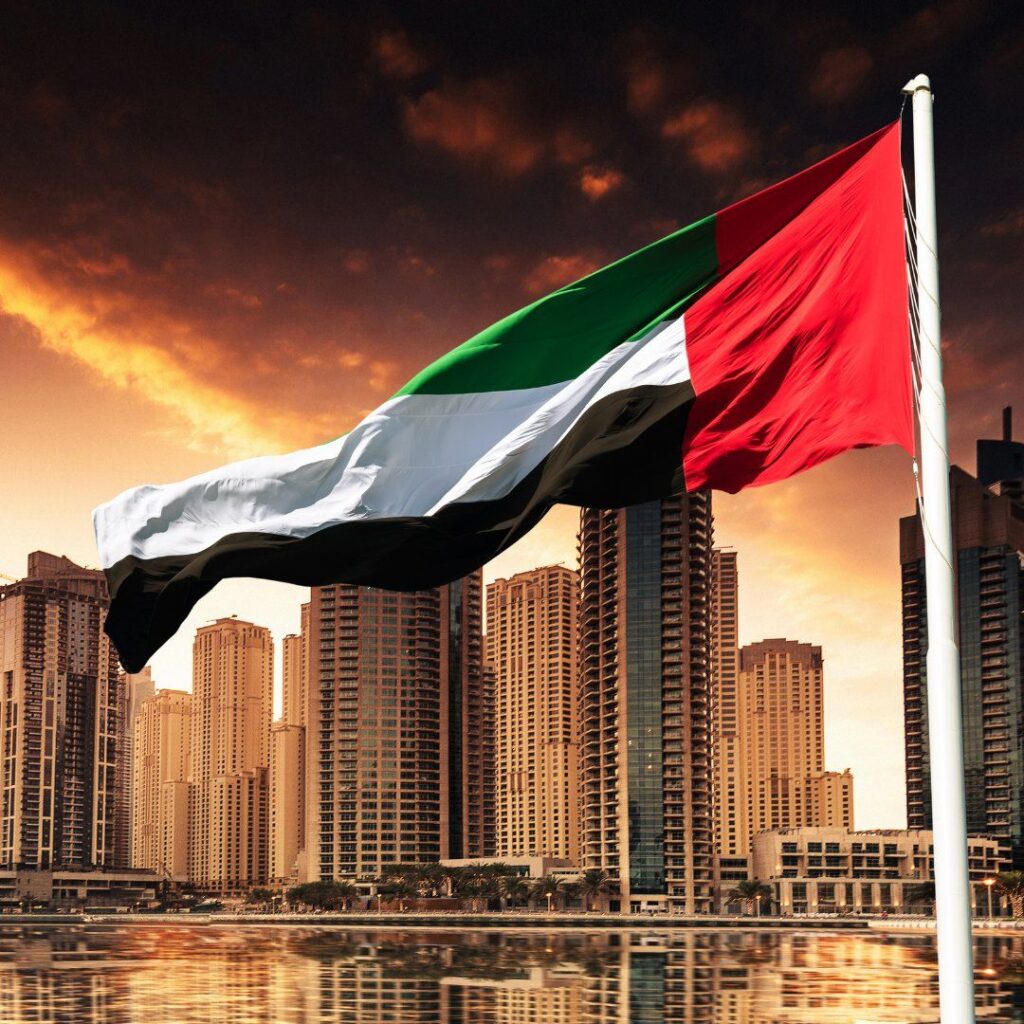
This isn’t theoretical anymore. Tokenized square meters are being minted, traded, and lived in. While other countries are stuck debating crypto’s legitimacy, Dubai is demonstrating how blockchain can be used to power real-world assets—efficiently and legally.
At Danchima Media, we see this as more than a regional trend. It’s a glimpse into the future of property ownership and investment. And as the rest of the world catches up, Dubai may well remain a step ahead—not just building skyscrapers, but tokenizing them.






